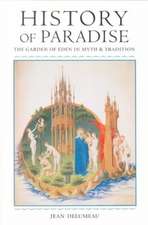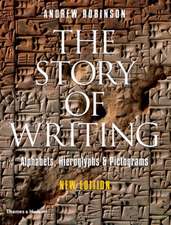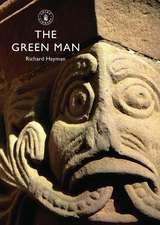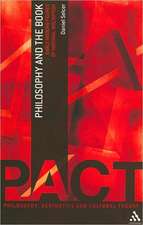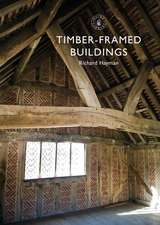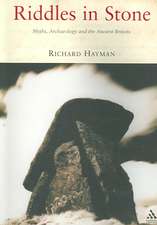Trees: Woodlands and Western Civilization
Autor Richard Haymanen Limba Engleză Paperback – 29 iun 2007
| Toate formatele și edițiile | Preț | Express |
|---|---|---|
| Paperback (1) | 164.35 lei 6-8 săpt. | |
| Bloomsbury Publishing – 29 iun 2007 | 164.35 lei 6-8 săpt. | |
| Hardback (1) | 158.90 lei 39-50 zile | |
| Bloomsbury Publishing – 30 sep 2003 | 158.90 lei 39-50 zile |
Preț: 164.35 lei
Preț vechi: 258.48 lei
-36% Nou
31.45€ • 32.72$ • 25.97£
Carte tipărită la comandă
Livrare economică 14-28 aprilie
Specificații
ISBN-10: 1847250513
Pagini: 336
Ilustrații: 12
Dimensiuni: 156 x 234 x 22 mm
Greutate: 0.44 kg
Ediția:New ed
Editura: Bloomsbury Publishing
Colecția Hambledon Continuum
Locul publicării:London, United Kingdom
Caracteristici
Cuprins
Recenzii
Descriere
Trees are special, being bigger than us both physically and metaphorically. Trees: Woodlands and Western Civilization is an account of our relationship with them. Adam and Eve were expelled from Eden for eating from the Tree of Knowledge and the great tree Yggdrasil was central to Norse mythology. Tacitus, followed by German nationalists and historians of liberty, located freedom in the German forests. Medieval forests were both protected hunting parks and the refuge of Robin Hood. Shakespeare contrasted the simplicity of life in the Forest of Arden with the artificial manners of the court, and indeed poets from Virgil to Hardy have drawn inspiration from trees. While eighteenth-century aristocrats controlled trees in plantations around their houses, Romantics delighted in vast untamed forests, and the American Henry Thoreau withdrew into the woods to reintegrate himself with nature. Throughout history, our views of trees have been affected by the changing use of woodland and the effects of deforestation and urbanisation. How we see trees today will dictate how trees are treated in the future.


